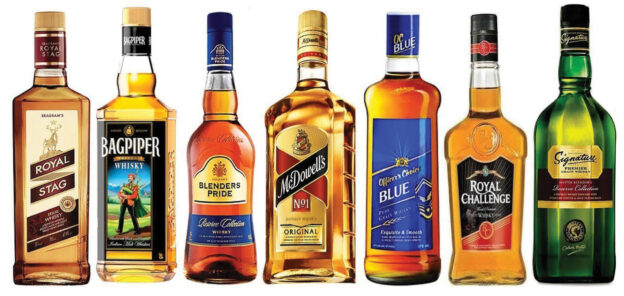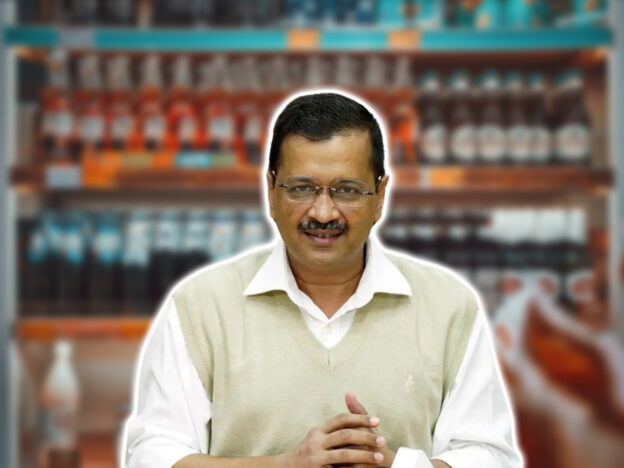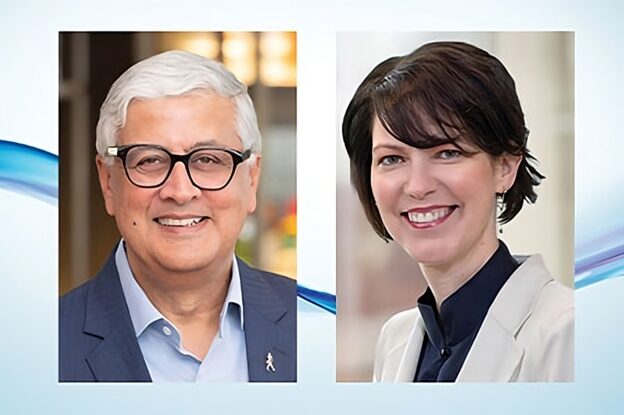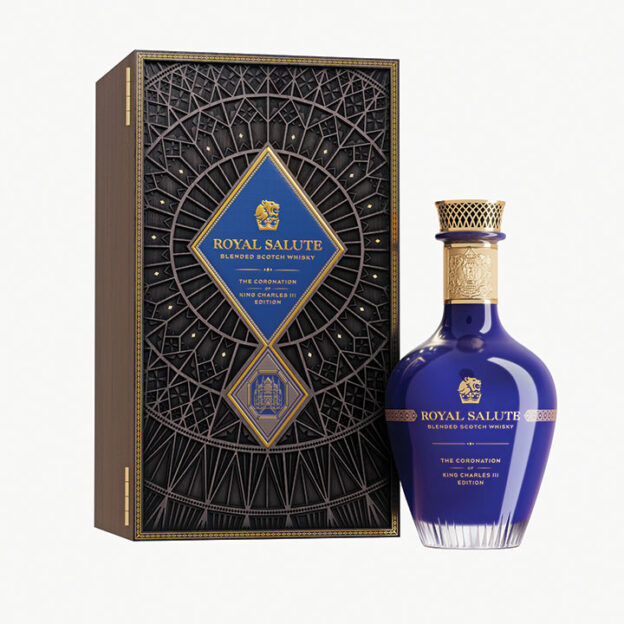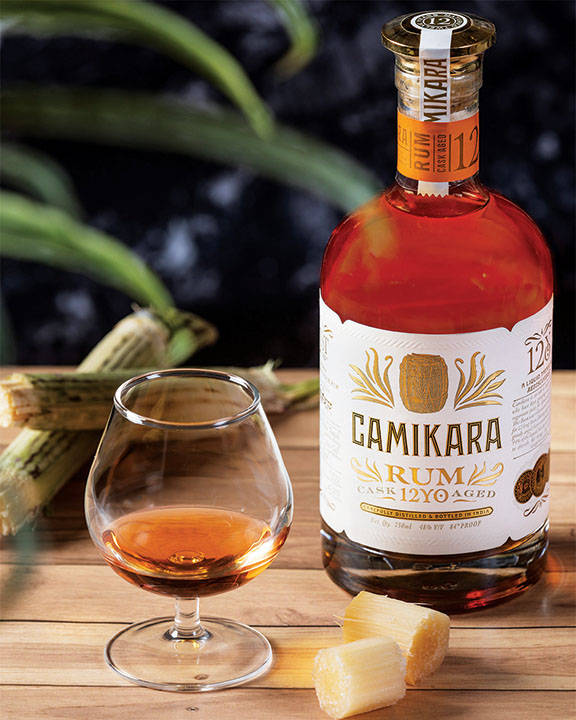The International Spirits & Wines Association of India (ISWAI), the apex body of the premium alcobev sector, unveiled its report titled “Economic Value of the Indian Alcoholic Beverage Industry”, presenting it to Shri Amitabh Kant, G20 Sherpa and former CEO, NITI Aayog. This comprehensive report is a first-of-its-kind and takes an in-depth look at the vital elements and the significant roles played by the Indian alcobev sector.
The report offers valuable perspectives on the alcoholic beverage industry, highlighting its economic impact, patterns of consumption, and its positive effects on related industries like agriculture, tourism, and more.
Expressing her gratitude, Nita Kapoor, CEO, ISWAI, said, “I extend our heartfelt thanks to Shri Amitabh Kant, G20 Sherpa, on behalf of ISWAI for allocating the time to receive this crucial report. This is a significant moment for ISWAI and the broader industry, affirming the sector’s substantial relevance to the nation. The alcobev Industry serves as a pivotal economic engine, making it imperative for pertinent stakeholders to recognise and value our sector’s economic contributions.”
Nita Kapoor further emphasised, “The alcohol industry holds a vital position within the national economy, presenting opportunities for growth, job creation, and revenue generation. As we look to the future, the importance of the alcohol industry in India is poised to expand. Therefore, it is crucial to simplify its operational complexities, enhance its Ease of Doing Business (EODB), and unlock its full potential for growth.”

Key Highlights:
With an estimated market size of $52.4 billion in 2021, roughly 2% of the country’s nominal GDP, the Indian alcobev industry is significant and burgeoning (₹3.9 lakh crore, including country liquor).
Projections suggest the Indian alcoholic beverage industry could reach an astounding $64 billion over the next five years, ensuring India’s position as the fifth-largest contributor to global market revenues in the near to medium term.
In the fiscal year 2021, the industry contributed a significant ₹2.4 lakh crore in indirect taxes to the state governments, representing many income streams. Customs duty on alcoholic beverages alone accounted for ₹2,400 crore.
The alcohol revenues represent 1.2% of India’s nominal GDP, 7.7% of the total tax collection, and 11.7% of the nation’s indirect tax revenue. The sector contributes a significant 24.6% of the overall own tax revenues of the states.
Around 1,235 million litres of extra neutral alcohol (ENA) were used to produce Indian-made foreign liquor (IMFL) and ready-to-drink alcoholic beverages in 2021. It is estimated that to produce 741 million litres of extra neutral alcohol for IMFL, 1.9 million tonnes of grain are required. This amounts to 0.6% of India’s total grain production of 316 million tonnes in 2021-2022.
Approximately 724,611 farms and 36,23,057 farmers are involved in grain production for ENA. 2.9% of the persons employed in the agriculture, hunting, forestry, and fishery sectors are engaged in the production of grain/sugarcane/grapes utilised for ENA for spirits and wine.
The scope of the alcohol industry in terms of employment is remarkable at a staggering 79 lakh individuals, both directly and indirectly. This accounts for 1.5% of the total manpower employed in the country.
About 14-19% of the overall revenues of the organised F&B industry are dependent on the ₹28,000 crore sales of alcoholic beverages.
An enabling policy environment for the alcoholic beverage industry can thus drive investments, jobs, and exports. India-manufactured alcoholic beverages have large untapped export potential and should be treated like any other industry.
On the occasion, Suresh Menon, Secretary-General, ISWAI, remarked, “Beyond its substantial tax contributions, the industry plays a vital role in supporting farmers’ livelihoods. It is also intricately linked to the food and beverage, hospitality, tourism, and packaging sectors. With India’s demographic shift, the growth of the young and expanding middle class is projected to persist for several more decades, driving an increase in per capita consumption of various goods and services. Constructive governmental policies can streamline the ease of business in this sector, fostering a more conducive operational climate. By addressing and removing certain barriers, we can propel the sector’s growth to the advantage of all involved parties.”

